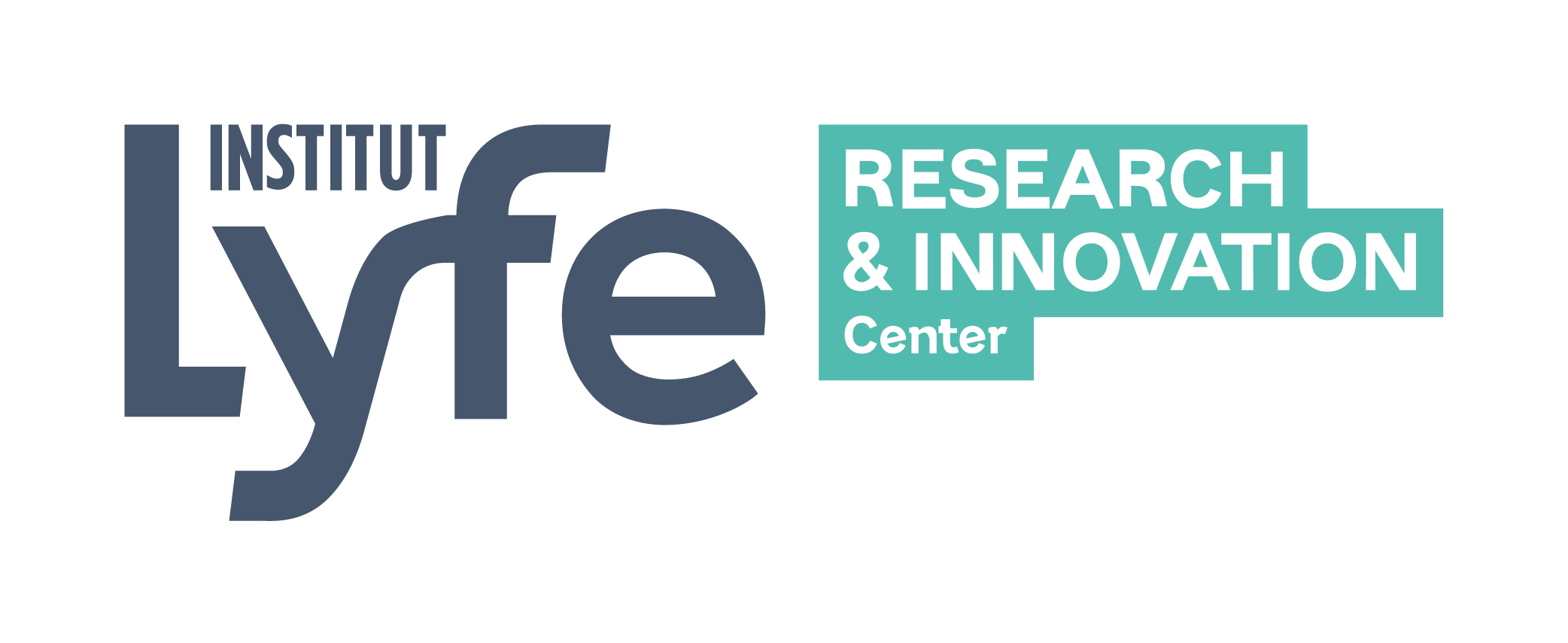The influence of cognitive and social influence information on students' eating behaviors
Thèse- PhD :
- -
- A significant number of students do not follow a well-balanced diet, even though they report intending to do so and caring about food and its effects on the body. The goal of this project is to explore this discrepancy between what students report they consume and their actual eating behaviors.
- Preview :
- In the first part of the project, we will investigate the psychological barriers and cognitive biases that can restrain variety in food choice and the consumption of fruits and vegetables. In particular, we will explore how descriptive social norms are processed by individuals and the different cognitive biases in such processing that can unknowingly guide students’ behavior. One such bias is inherence bias, which leads people to explain observed regularities in terms of inherent or internal features of the entities involved (e.g. cereal is a breakfast food and we should eat it for breakfast because it’s easy to digest in the morning). We will also examine individual differences in information processing depending on their perception of group membership or the presence of disordered eating. In the second part of the project, and using our findings, we will design and implement an intervention that targets these psychological and cognitive barriers to a well-balanced diet. We will stem away from traditional interventions, which have generally consisted in transmitting nutritional information to enrich students' knowledge yet often fail to induce the desired behavioral changes towards healthier eating. Thus, we will prioritize giving other types of information. For example, it has been recently shown that inherence bias can be mitigated, and motivation to have a more varied diet increased, with interventions that transmit information to provide alternative external causes (e.g. cereal is a breakfast food because the Kellogg’s family developed a marketing campaign a few decades ago that advertised it as such). Our intervention will apply the methodology used in cognitive and behavioral science to encourage students towards greater variety in food choice and the vegetalization of their plates.
- Supervisor :
- Jérémie Lafraire
- Graduate School :
- Laboratoire Cognitions humaine et artificielle (CHArt, RNSR 200515259U) - Ecole Doctorale 472, Paris Sciences et Lettres - École Pratique des Hautes Études
- Partners :
- Agency for Research and Information on Fruits and Vegetables (Aprifel)
Research & Innovation Center - Institut Lyfe
Château du Vivier - Ecully - France
Tel: +33 (0)4 72 18 02 20
Tel: +33 (0)4 72 18 02 20




